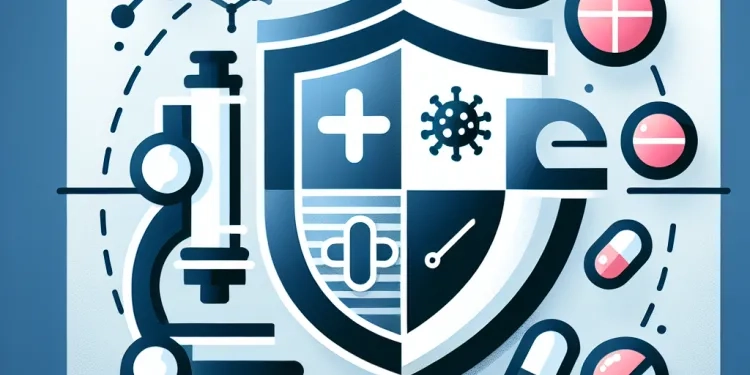
Find Help
More Items From Ergsy search
-
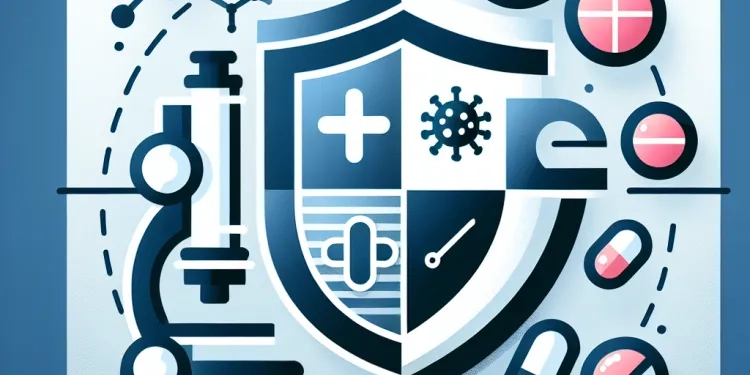
Can the bubonic plague become resistant to antibiotics?
Relevance: 100%
-
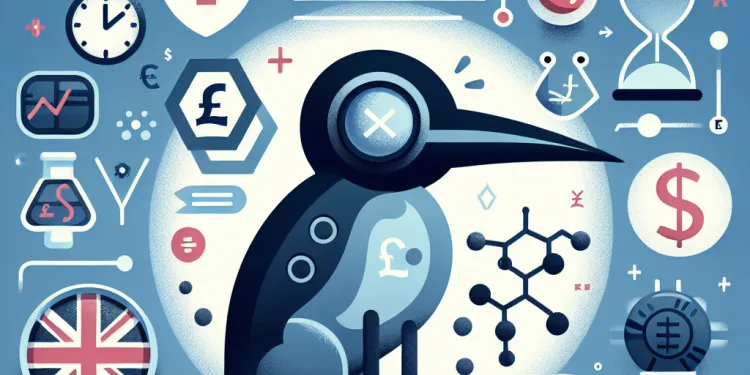
What is Bubonic Plague?
Relevance: 76%
-

What is the bubonic plague?
Relevance: 71%
-
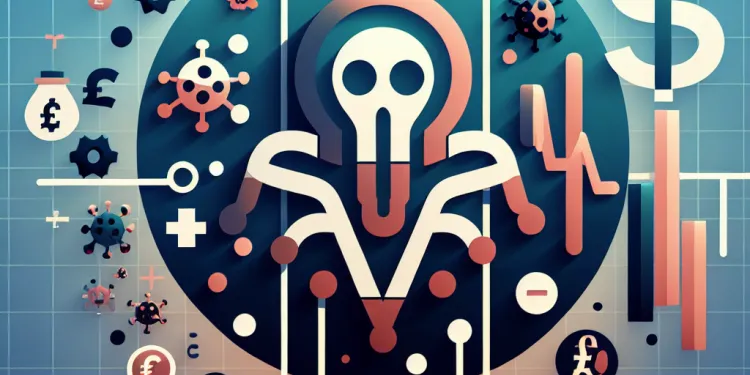
What is the mortality rate of untreated bubonic plague?
Relevance: 69%
-

Are there vaccines for the bubonic plague?
Relevance: 69%
-

How can the bubonic plague be treated?
Relevance: 68%
-

Can the bubonic plague be prevented?
Relevance: 68%
-

How is the bubonic plague transmitted?
Relevance: 66%
-
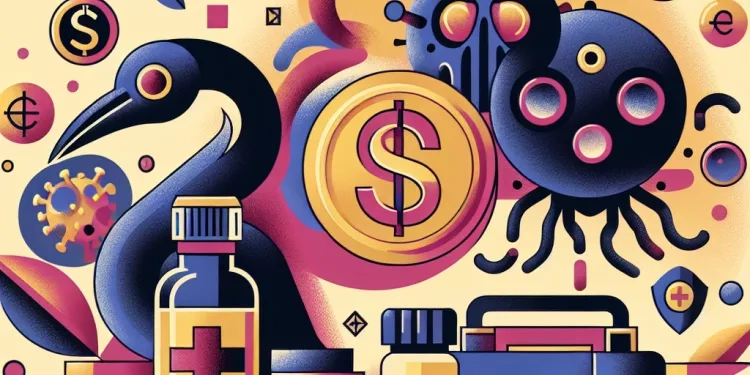
Is the bubonic plague contagious between humans?
Relevance: 65%
-
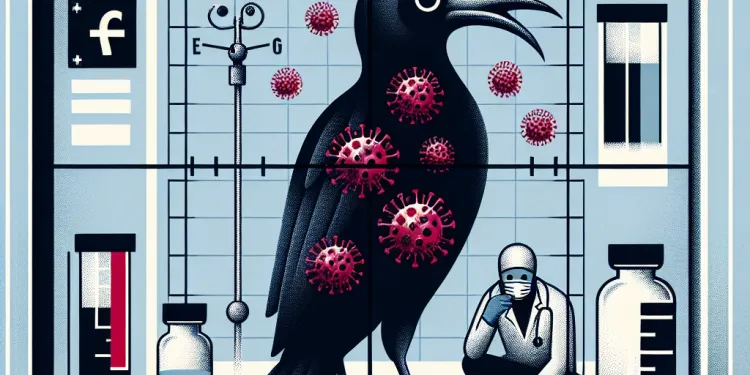
What are the symptoms of the bubonic plague?
Relevance: 65%
-
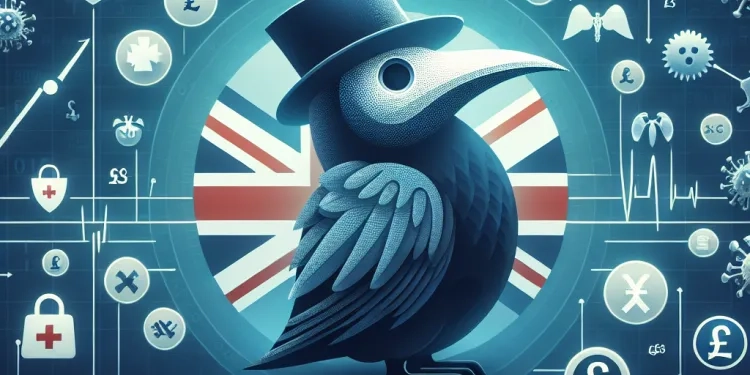
What advancements have been made in understanding the bubonic plague?
Relevance: 61%
-
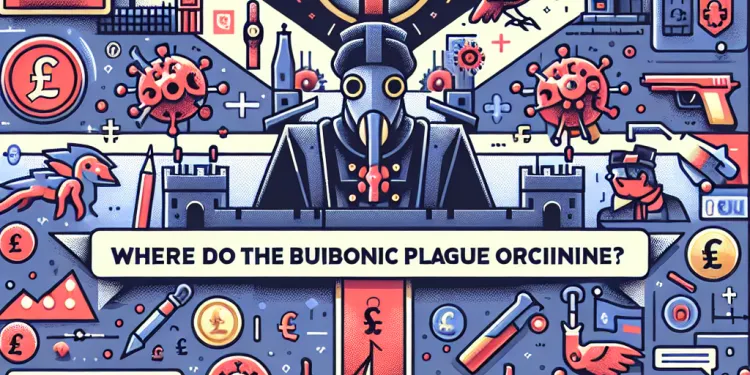
Where did the bubonic plague originate?
Relevance: 60%
-

Did the bubonic plague affect only Europe?
Relevance: 59%
-

How was the bubonic plague controlled historically?
Relevance: 58%
-
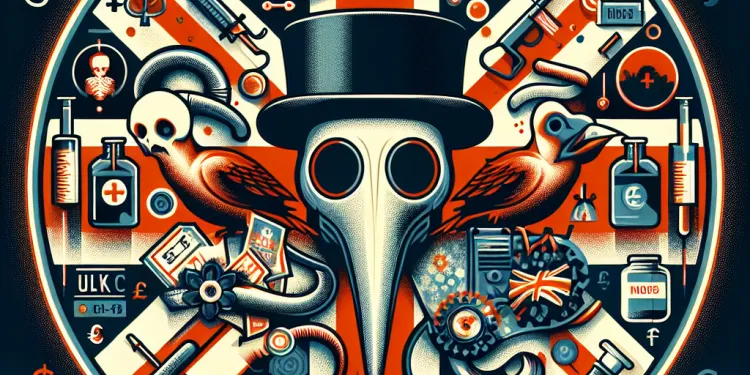
What historical event is the bubonic plague known for?
Relevance: 57%
-
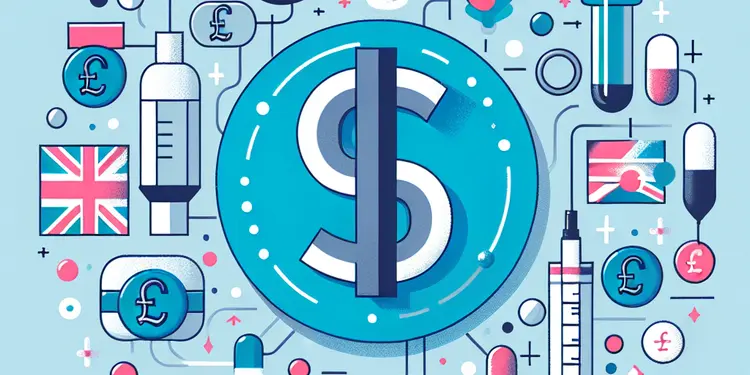
What is antibiotic resistance?
Relevance: 54%
-

Why is antibiotic resistance a problem?
Relevance: 51%
-

Antibiotics and You: An introduction to antibiotic resistant infections
Relevance: 50%
-

Why is antibiotic resistance a concern with gonorrhoea?
Relevance: 48%
-

Can taking antibiotics frequently cause resistance?
Relevance: 47%
-

Are there modern outbreaks of bubonic plague?
Relevance: 47%
-
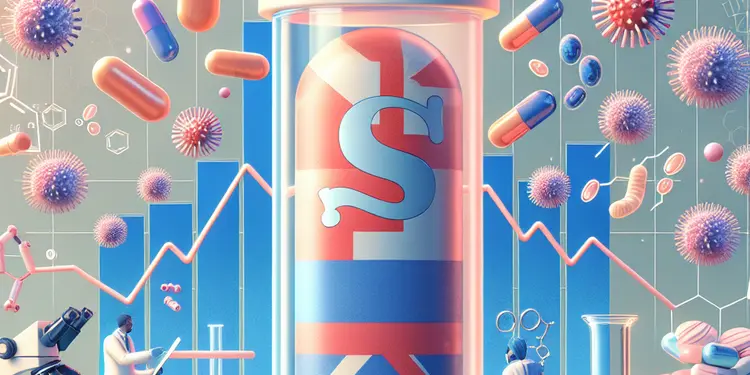
Efforts to Combat Antibiotic Resistance Gain Momentum with New Research Initiatives
Relevance: 42%
-
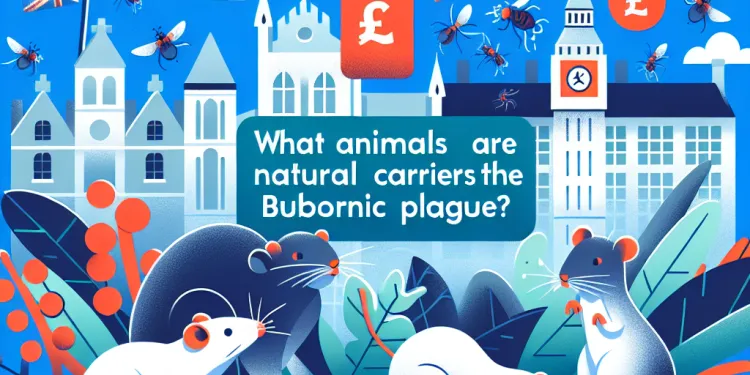
What animals are natural carriers of the bubonic plague?
Relevance: 40%
-

Is it bad to take antibiotics?
Relevance: 35%
-

What public health measures are important for managing the plague?
Relevance: 35%
-

What is a bubo?
Relevance: 35%
-

Can taking antibiotics be harmful?
Relevance: 34%
-

Is taking antibiotics always bad?
Relevance: 33%
-

Do antibiotics work on viral infections?
Relevance: 33%
-
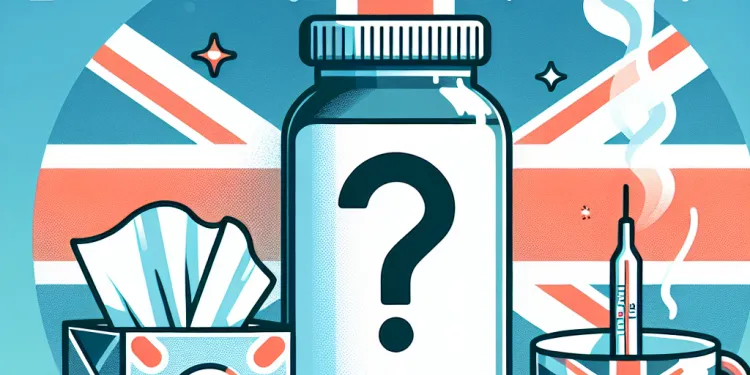
Can I take antibiotics for a cold?
Relevance: 32%
-

What antibiotics are used to treat gonorrhoea?
Relevance: 31%
-
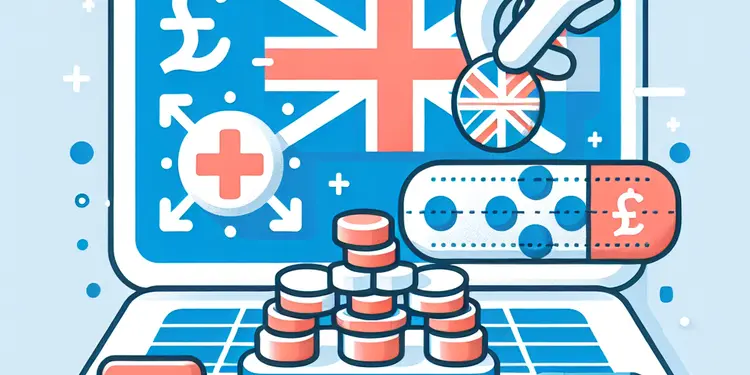
Should I stop taking antibiotics if I feel better?
Relevance: 31%
-

What are common side effects of antibiotics?
Relevance: 29%
-
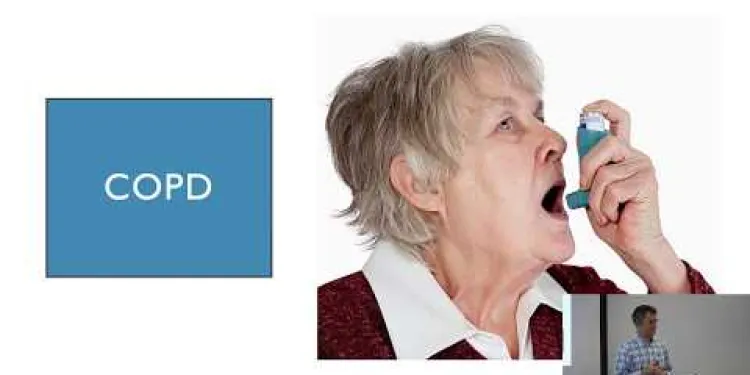
Acute COPD in Adults: Antibiotics or not - Dr Nick Francis
Relevance: 28%
-

Can antibiotics treat norovirus?
Relevance: 25%
-

2 episodes of cellulitis and been given antibiotics but the redness doesn't seem to be improving?
Relevance: 24%
-
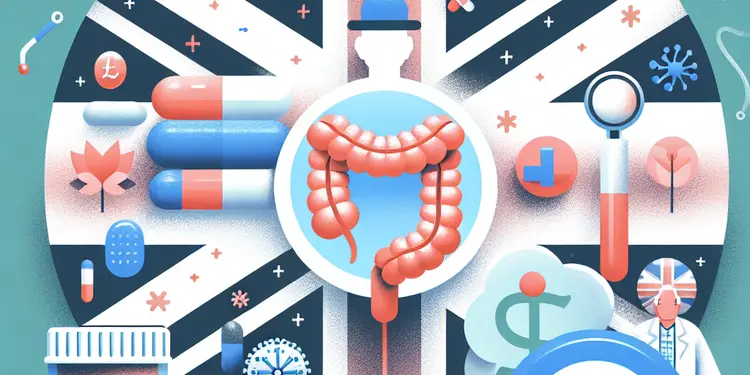
How do antibiotics affect gut health, especially in older adults?
Relevance: 24%
-
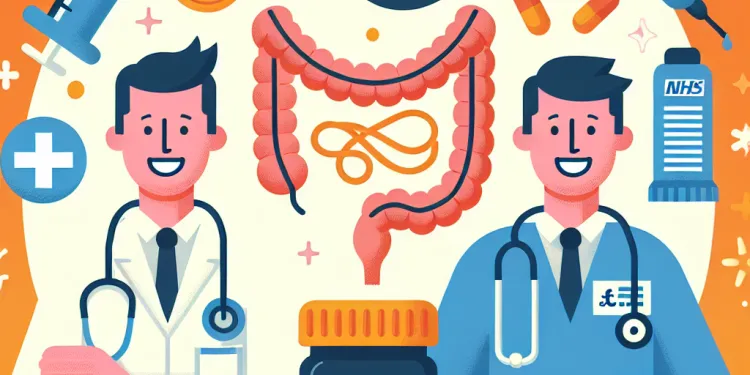
Can appendicitis be treated with antibiotics?
Relevance: 24%
-

How effective are antibiotics in treating Lyme disease?
Relevance: 23%
-

Is the bubonic plague still a global health threat?
Relevance: 23%
Introduction
The bubonic plague, caused by the bacterium Yersinia pestis, has been a source of fear and devastation throughout history. Known for the Black Death of the 14th century, it wiped out millions across Europe. Today, the disease is understood to be treatable with antibiotics, but the question remains: can the bubonic plague become resistant to these medications?
Current Treatments
Modern medicine has made significant strides in the treatment of Yersinia pestis infections. Antibiotics such as streptomycin, gentamicin, doxycycline, and ciprofloxacin are considered effective treatments against bubonic plague. When administered promptly, these antibiotics can significantly reduce mortality rates and severity of symptoms. However, like any bacterial disease, the potential for antibiotic resistance is always a concern for health professionals.
Potential for Antibiotic Resistance
Antibiotic resistance occurs when bacteria evolve mechanisms to withstand the drugs that once killed them. For Yersinia pestis, this potential is taken seriously as antibiotic resistance could lead to challenges in controlling outbreaks. Instances of antibiotic-resistant strains of Yersinia pestis have been rare, but they are not unheard of. In the early 1990s, resistant strains were identified in Madagascar, displaying resistance to streptomycin, one of the primary antibiotics used in treatment.
Mitigation Strategies
Preventing the spread of antibiotic-resistant Yersinia pestis involves monitoring and surveillance by health authorities, particularly in regions where the plague is still endemic. The UK, among other nations, invests in global surveillance systems to detect resistant strains early. Research is underway to understand the mechanisms of resistance and develop strategies to counteract them. Additionally, proper use of antibiotics, both in human medicine and agriculture, is crucial to prevent further resistance development.
Public Health Implications
If antibiotic resistance in Yersinia pestis became widespread, it could complicate efforts to control outbreaks. While the UK does not face a high risk of plague, global interconnectedness means that a resistant outbreak elsewhere could have international implications. Therefore, maintaining robust public health policies and ensuring access to effective antibiotics are paramount in safeguarding against future resistance threats.
Conclusion
While the risk of Yersinia pestis becoming widely resistant to antibiotics is not imminent, vigilance is key. Continued investment in research, monitoring, and responsible antibiotic use is necessary to prevent potential resistance scenarios. With these measures, we can ensure effective treatments remain available, preserving the advances made in controlling this ancient disease.
Introduction
The bubonic plague is a disease caused by a germ called Yersinia pestis. It made many people sick long ago, especially during the Black Death in the 14th century. Today, doctors can treat it with medicine called antibiotics. But, people worry about whether this disease can change and not be stopped by these medicines anymore.
Current Treatments
Doctors today have good medicines to treat the bubonic plague. The medicines are called antibiotics. Some names are streptomycin, gentamicin, doxycycline, and ciprofloxacin. These medicines work well if given quickly. They help make sick people better and stop the disease from getting worse. But doctors worry because sometimes germs change, and medicines stop working against them.
Potential for Antibiotic Resistance
Sometimes, germs can change so medicines do not work on them anymore. This is called antibiotic resistance. For the bubonic plague germ, Yersinia pestis, this can be a big problem because it would be hard to stop the disease. Although this does not happen often, it has happened before. In the 1990s, the germs in Madagascar changed so one medicine, streptomycin, did not work well anymore.
Mitigation Strategies
To stop the spread of these strong germs, health workers watch and check for them, especially in places where the plague is still around. Countries like the UK spend money to watch for these germs. Scientists are also studying to learn why germs change and how to fight back. It is very important to use medicines correctly in people and animals so the germs do not change.
Public Health Implications
If the plague germs change a lot and stop being killed by medicines, it would be hard to stop outbreaks. Even if the UK does not have the plague often, germs that are resistant in one place can quickly spread around the world. So, it's important to have good health rules and make sure people get medicines that work.
Conclusion
The chance that plague germs will change and not be stopped by medicines is small right now. But we still need to be careful. We must keep studying the germs, watching for changes, and using medicines wisely. This way, we can keep the bubonic plague under control and keep people safe.
Frequently Asked Questions
What is the bubonic plague?
The bubonic plague is a bacterial infection caused by Yersinia pestis, transmitted through fleas or direct contact with infected animals or humans.
How is the bubonic plague treated?
The bubonic plague is typically treated with antibiotics such as streptomycin, gentamicin, doxycycline, or ciprofloxacin.
Can bacteria become resistant to antibiotics?
Yes, bacteria can develop resistance to antibiotics through genetic mutations or acquiring resistance genes from other bacteria.
Has Yersinia pestis shown resistance to antibiotics?
There have been rare cases where Yersinia pestis has shown resistance to some antibiotics, but it remains largely susceptible to commonly used treatments.
How does antibiotic resistance develop?
Antibiotic resistance develops when bacteria undergo genetic changes that enable them to survive exposure to antibiotics that would normally kill them.
Are there any known strains of antibiotic-resistant Yersinia pestis?
Yes, there have been isolated cases of Yersinia pestis strains with resistance to certain antibiotics, but these are not widespread.
What can be done to prevent antibiotic resistance in Yersinia pestis?
Preventing antibiotic resistance involves appropriate use of antibiotics, monitoring resistant strains, and ongoing research and development of new treatments.
Is antibiotic resistance a major concern for treating the bubonic plague?
While antibiotic resistance is a concern for many infectious diseases, current cases of the bubonic plague are usually treatable with available antibiotics.
What are the consequences of antibiotic resistance in plague treatment?
Antibiotic resistance in plague treatment could lead to higher mortality rates, increased spread, and more complicated management of outbreaks.
How can the spread of antibiotic-resistant bacteria be controlled?
Controlling the spread involves infection control measures, antibiotic stewardship programs, surveillance, and education.
Is it possible to develop a vaccine for the bubonic plague?
Yes, research is ongoing to develop effective vaccines against Yersinia pestis, but currently, vaccines are not widely available.
Has antibiotic-resistant plague been detected in recent outbreaks?
There have been no widespread outbreaks of antibiotic-resistant plague, but sporadic cases highlight the need for vigilance.
What is the role of surveillance in managing plague outbreaks?
Surveillance helps detect cases early, monitor antibiotic resistance patterns, and implement control measures quickly to prevent spread.
Can alternative treatments be effective against antibiotic-resistant strains?
Research into alternative treatments, such as phage therapy or new antibiotics, is ongoing to address the potential resistance issue.
How important is public health education in preventing plague transmission?
Public health education is crucial to inform communities about prevention methods and the importance of seeking early treatment.
What are the global health implications of antibiotic-resistant plague?
Antibiotic-resistant plague poses a threat to global health security, emphasizing the need for multinational cooperation in disease control.
What research is being done to combat antibiotic resistance in plague?
Research includes developing new antibiotics, genetic studies of resistant strains, and understanding the mechanisms of resistance.
How does antibiotic resistance impact healthcare systems?
Antibiotic resistance can lead to longer hospital stays, higher treatment costs, and increased burden on healthcare systems.
Can improving sanitation reduce the spread of the bubonic plague?
Improving sanitation and reducing rodent populations can help minimize the risk of plague transmission in affected areas.
What role do international health organizations play in managing the plague?
Organizations like the WHO provide guidance, support surveillance and research efforts, and help coordinate response strategies for plague outbreaks.
What is the bubonic plague?
The bubonic plague is a very bad sickness. It makes people and animals very sick.
If you have any questions about this, ask someone you trust.
It can help to say things out loud or draw pictures to understand better.
The bubonic plague is a sickness caused by germs called Yersinia pestis. These germs can spread by flea bites or by touching sick animals or people.
How do doctors help people with the bubonic plague?
Doctors give people medicine to make them better if they have the bubonic plague. This medicine is called antibiotics. People need to go to a hospital to get the right care.
If you or someone you know is sick, it's important to see a doctor quickly. They can help you get the medicine you need.
Using pictures or simple charts can also help you understand how doctors help sick people. You can ask a family member or friend to explain things to you if you have questions.
The bubonic plague is usually treated with medicine called antibiotics. Some of these medicines are streptomycin, gentamicin, doxycycline, or ciprofloxacin.
Can germs stop medicine from working?
Sometimes germs (tiny bugs that can make us sick) find ways to stop medicine from working. This means the medicine can’t kill the germs anymore.
If this happens, the germs are called "resistant". They can still make us sick even if we take the medicine.
Here are some tips to help you understand better:
- Ask a grown-up or teacher to explain it to you.
- Use pictures or drawings to help see how it works.
- Watch videos that explain how germs and medicines work.
Yes, bacteria can change to stop antibiotics from working. They can do this by changing their genes or getting different genes from other bacteria.
Can Yersinia pestis fight off medicine?
Yersinia pestis is a tiny germ that can make people very sick. Medicine called antibiotics usually help people get better.
Here is how you can learn more:
- Use a dictionary to look up hard words.
- Ask someone to explain what you don't understand.
- Use pictures to help you learn.
It is very uncommon, but sometimes the Yersinia pestis bacteria can resist some medicines. Most of the time, these bacteria can still be treated with common medicines.
How do germs stop medicines from working?
Germs are tiny things that can make us sick. Sometimes, we take medicine called antibiotics to get better. But, some germs learn how to stop these medicines from working. This is called resistance. It's like when germs get super strong and the medicine can’t help anymore.
To understand better:
- Germs Change: Germs can change or "mutate" so they don’t get killed by the medicine.
- Taking Medicine: If you take antibiotics when you don’t need them, it can make germs learn to resist. Always take medicine only when a doctor says to.
- Finish Your Medicine: Always finish all your medicine even if you feel better. This helps stop germs from becoming strong.
It's good to use pictures and videos to learn about germs. These can make it easier to understand how germs work. Also, ask someone you trust to help explain this to you.
Bacteria can change and become strong so that medicines called antibiotics can't kill them anymore. This is called antibiotic resistance.
Is there a type of Yersinia pestis that medicine cannot kill?
When germs make people sick, doctors often use medicine called antibiotics to kill the germs. But sometimes, the germs are strong and the medicine does not work. This is called "resistant".
Yersinia pestis is a kind of germ that can make people very sick. Scientists want to know if there are any strong types of this germ that don't get killed by medicine.
If you want to learn more about germs and medicine, you can ask a doctor or use learning tools like simple books about health.
Yes, there are some rare cases where Yersinia pestis germs can resist some medicines. But this is not common.
How can we stop Yersinia pestis from becoming resistant to antibiotics?
To stop germs from becoming stronger against medicine:
- Use medicine called antibiotics the right way.
- Watch germs to see if they are getting stronger.
- Keep looking for new ways to make people better.
Is it a big worry that antibiotics might not work for the bubonic plague?
Doctors can use medicine called antibiotics to help people who get the bubonic plague. This medicine still works for most cases today, so doctors can treat it. If you have trouble reading, you could ask someone to read with you, or try using an audiobook or text-to-speech app to help understand better.
What happens if antibiotics don't work for treating plague?
Antibiotics are medicines that kill germs. If germs stop being killed by antibiotics, this is called antibiotic resistance.
When antibiotic resistance happens, medicines might not work to make people better from plague.
Plague is a serious illness caused by germs.
If medicines don't work, it means:
- It’s harder to make sick people better.
- More people could get very sick or even die.
- Doctors need to find new ways to treat sick people.
To help understand more, ask a doctor or nurse to explain. You can also use pictures or videos to learn more.
If plague germs stop being killed by antibiotics, more people could get very sick or die. The disease might spread more, and it would be harder to control it.
Here are some things that might help:
- Use simple words to explain medical stuff.
- Listen to audio versions of the text.
- Ask a teacher or helper to explain tricky parts.
- Use pictures or drawings to help understand.
How can we stop bacteria that antibiotics don't work on from spreading?
To stop the spread of germs, we can do these things:
- Follow infection control rules. This means washing our hands and keeping things clean.
- Use antibiotics carefully. Only take them when really needed and as a doctor says.
- Watch for signs of sickness. This helps us know where and when people are getting sick.
- Learn about staying healthy and teach others too. This can help everyone stay safe from germs.
Tools that can help include hand sanitizers, posters with health tips, and apps to remind you of good practices.
Can we make a vaccine for the bubonic plague?
The bubonic plague is a sickness from a long time ago. It made many people sick. Today, we have clever scientists working hard to make sure people don’t get this sickness again. They try to make something called a vaccine.
A vaccine helps protect your body from getting sick. It is like a shield around you. Scientists work to make the best vaccines to keep everyone safe.
To understand better, you can ask a grown-up for help. You can also look at pictures or videos about vaccines.
Scientists are working hard to make shots that stop Yersinia pestis, which makes people sick. But right now, you can't easily get these shots.
Is the plague getting harder to treat with medicine?
Doctors have special medicines called antibiotics that help people get better from the plague. Sometimes, these medicines stop working as well. This is called "antibiotic resistance." Has there been a time when the plague was harder to treat because of this?
For help understanding tough words, you can use a dictionary or ask someone to explain them. Watching videos or looking at pictures about the topic might also help.
There have not been big outbreaks of plague that does not respond to medicine. But some cases have happened, so we need to stay watchful.
How does watching and checking help with stopping plague sickness?
Watching out for germs early helps doctors find them fast. It also helps them see which medicines still work. Doing this can stop germs from spreading.
Can other treatments help when antibiotics don't work?
Scientists are looking for new ways to help people get better when they are sick. They are studying phage therapy, which uses good viruses to fight bad bacteria, and creating new medicines to help people who don't get better from regular antibiotics. This research helps us find new ways to keep people healthy.
Why is it important to teach people about health to stop the spread of plague?
It is really important to teach people about health. This helps them learn how to stay healthy and see a doctor early if they feel sick.
What happens around the world if the plague does not respond to antibiotics?
There is a type of plague that medicine called antibiotics can't stop. This is scary for people around the world. That's why countries need to work together to stop it.
What research is helping to fight antibiotic resistance in plague?
Scientists are working hard to find new ways to stop plague germs from getting strong against medicines called antibiotics. These medicines help people get better when they are sick.
Some things that are being done include:
- Looking for new medicines that can fight plague.
- Studying how plague germs change and become strong against medicines.
- Using special machines to study germs and find new ways to stop them.
- Working with computers to understand how germs work.
To learn more, you can:
- Ask a doctor to explain things to you.
- Look at videos for kids about germs and medicines.
- Use apps that make learning fun and easy.
Scientists are working to make new medicine to fight germs. They study the genes of germs that don't die from medicine. They also try to learn how these germs stay strong.
What happens to hospitals when germs fight back?
Some germs are strong. They can fight back against medicine. This is called antibiotic resistance. It can cause problems for doctors and nurses.
Here is what happens:
- People stay sick longer.
- Doctors find it hard to treat infections.
- Hospitals can get busier.
To learn more, use pictures or videos. They can help you understand better.
When antibiotics stop working well, people might have to stay in the hospital longer. It can also make getting better cost more money. This is hard for doctors and nurses too.
Can cleaning up stop the spread of the bubonic plague?
Making places cleaner can help stop the bubonic plague from spreading.
Using soap and water to wash hands and clean things is important.
Here are some helpful tips:
- Wash your hands often.
- Keep your home and school clean.
- Throw away old food and trash.
- Use gloves to pick up litter.
These actions can help keep us healthy.
Keeping places clean and getting rid of rats can help stop the spread of the plague in places that have it.
How do health groups around the world help with the plague?
Health groups from different countries work together to fight the plague. They help by giving medicine, sharing important information, and teaching people how to stay healthy. They also help find and stop the plague from spreading to other places.
To understand better, you can:
- Watch videos for kids about health.
- Look at pictures that explain how health groups work.
- Ask a grown-up to explain more.
Groups like the WHO help with plague outbreaks. They give advice, watch for new cases, study the disease, and help organize ways to fight it.
Useful Links
This website offers general information and is not a substitute for professional advice.
Always seek guidance from qualified professionals.
If you have any medical concerns or need urgent help, contact a healthcare professional or emergency services immediately.
Some of this content was generated with AI assistance. We’ve done our best to keep it accurate, helpful, and human-friendly.
- Ergsy carfully checks the information in the videos we provide here.
- Videos shown by Youtube after a video has completed, have NOT been reviewed by ERGSY.
- To view, click the arrow in centre of video.
- Most of the videos you find here will have subtitles and/or closed captions available.
- You may need to turn these on, and choose your preferred language.
- Go to the video you'd like to watch.
- If closed captions (CC) are available, settings will be visible on the bottom right of the video player.
- To turn on Captions, click settings .
- To turn off Captions, click settings again.
More Items From Ergsy search
-

Can the bubonic plague become resistant to antibiotics?
Relevance: 100%
-

What is Bubonic Plague?
Relevance: 76%
-

What is the bubonic plague?
Relevance: 71%
-

What is the mortality rate of untreated bubonic plague?
Relevance: 69%
-

Are there vaccines for the bubonic plague?
Relevance: 69%
-

How can the bubonic plague be treated?
Relevance: 68%
-

Can the bubonic plague be prevented?
Relevance: 68%
-

How is the bubonic plague transmitted?
Relevance: 66%
-

Is the bubonic plague contagious between humans?
Relevance: 65%
-

What are the symptoms of the bubonic plague?
Relevance: 65%
-

What advancements have been made in understanding the bubonic plague?
Relevance: 61%
-

Where did the bubonic plague originate?
Relevance: 60%
-

Did the bubonic plague affect only Europe?
Relevance: 59%
-

How was the bubonic plague controlled historically?
Relevance: 58%
-

What historical event is the bubonic plague known for?
Relevance: 57%
-

What is antibiotic resistance?
Relevance: 54%
-

Why is antibiotic resistance a problem?
Relevance: 51%
-

Antibiotics and You: An introduction to antibiotic resistant infections
Relevance: 50%
-

Why is antibiotic resistance a concern with gonorrhoea?
Relevance: 48%
-

Can taking antibiotics frequently cause resistance?
Relevance: 47%
-

Are there modern outbreaks of bubonic plague?
Relevance: 47%
-

Efforts to Combat Antibiotic Resistance Gain Momentum with New Research Initiatives
Relevance: 42%
-

What animals are natural carriers of the bubonic plague?
Relevance: 40%
-

Is it bad to take antibiotics?
Relevance: 35%
-

What public health measures are important for managing the plague?
Relevance: 35%
-

What is a bubo?
Relevance: 35%
-

Can taking antibiotics be harmful?
Relevance: 34%
-

Is taking antibiotics always bad?
Relevance: 33%
-

Do antibiotics work on viral infections?
Relevance: 33%
-

Can I take antibiotics for a cold?
Relevance: 32%
-

What antibiotics are used to treat gonorrhoea?
Relevance: 31%
-

Should I stop taking antibiotics if I feel better?
Relevance: 31%
-

What are common side effects of antibiotics?
Relevance: 29%
-

Acute COPD in Adults: Antibiotics or not - Dr Nick Francis
Relevance: 28%
-

Can antibiotics treat norovirus?
Relevance: 25%
-

2 episodes of cellulitis and been given antibiotics but the redness doesn't seem to be improving?
Relevance: 24%
-

How do antibiotics affect gut health, especially in older adults?
Relevance: 24%
-

Can appendicitis be treated with antibiotics?
Relevance: 24%
-

How effective are antibiotics in treating Lyme disease?
Relevance: 23%
-

Is the bubonic plague still a global health threat?
Relevance: 23%


